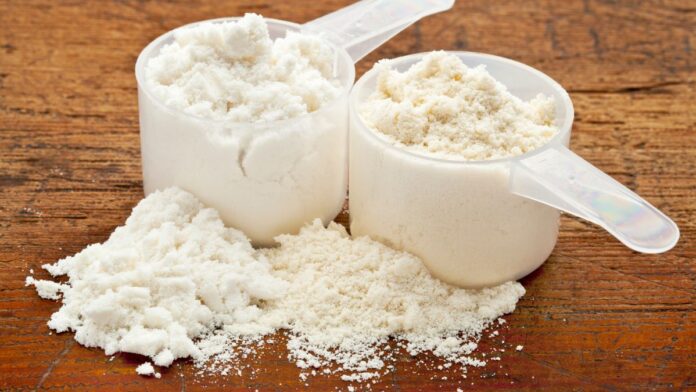Are premier protein shakes safe during pregnancy? Discover the truth about premier protein shakes during pregnancy. Uncover essential facts to ensure a safe and healthy journey for both mom and baby. Learn whether incorporating premier protein shakes into your pregnancy diet is a wise choice with mucusplug.net!
Are premier protein shakes safe during pregnancy?
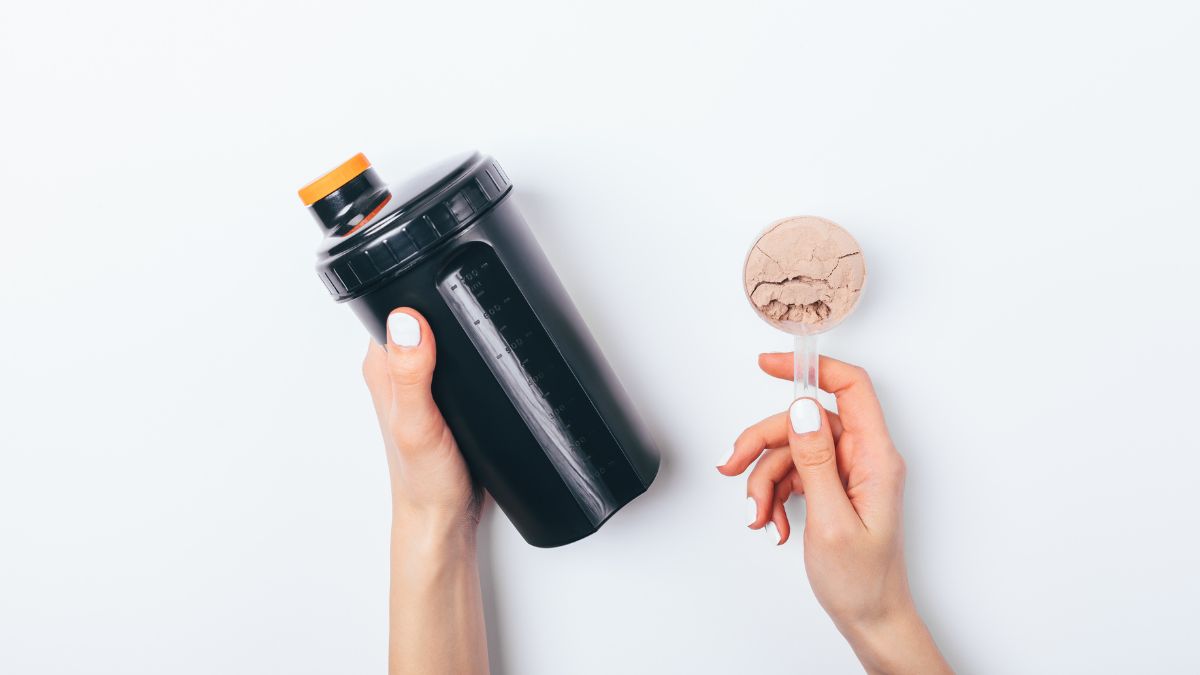
Consuming Premier Protein shakes during pregnancy raises concerns due to the inclusion of various food additives in the product. While these shakes can be a convenient source of protein, it’s crucial to consider the potential impact on both short-term comfort and long-term health. One significant aspect to be mindful of is the composition of the shakes, which includes over half a dozen food additives. These additives, although generally regarded as safe in small quantities, may lead to undesirable gastrointestinal (GI) effects when consumed regularly, especially on a daily basis.
The concern extends beyond mere discomfort, as emerging research highlights the intricate relationship between gut health and overall well-being. The gut microbiome, a complex community of microorganisms aiding in digestion, has been linked to the development of chronic diseases. Disturbances in its composition and function, often caused by factors like the consumption of certain additives, could potentially contribute to health issues. This is particularly significant during pregnancy, a critical period where the well-being of both the mother and the developing fetus is of utmost importance.
Premier Protein Vanilla Protein Shakes contain additives that may be challenging for the body to digest. Unlike natural foods, these additives can linger in the digestive system, providing an extended window for gut bacteria to ferment and produce gas. This fermentation process may result in uncomfortable symptoms such as bloating, gas, stomach pain, and irregular bowel movements like constipation or diarrhea. The accumulation of these effects over time raises concerns about the potential impact on gut health.
Moreover, the persistent presence of food additives in the digestive system may disrupt regulatory pathways in the intestines. This disruption could, in turn, contribute to the development of inflammatory bowel disease (IBD) and other systemic inflammatory disorders. It is crucial for expectant mothers to prioritize a diet that supports both their nutritional needs and the overall health of their developing child. Consequently, opting for whole, minimally processed foods over products with added ingredients may be a more prudent choice during pregnancy to ensure the well-being of both the mother and the unborn child.
>Related post: Are bumpy boat rides safe during pregnancy?
Can I have 2 protein shakes a day while pregnant?
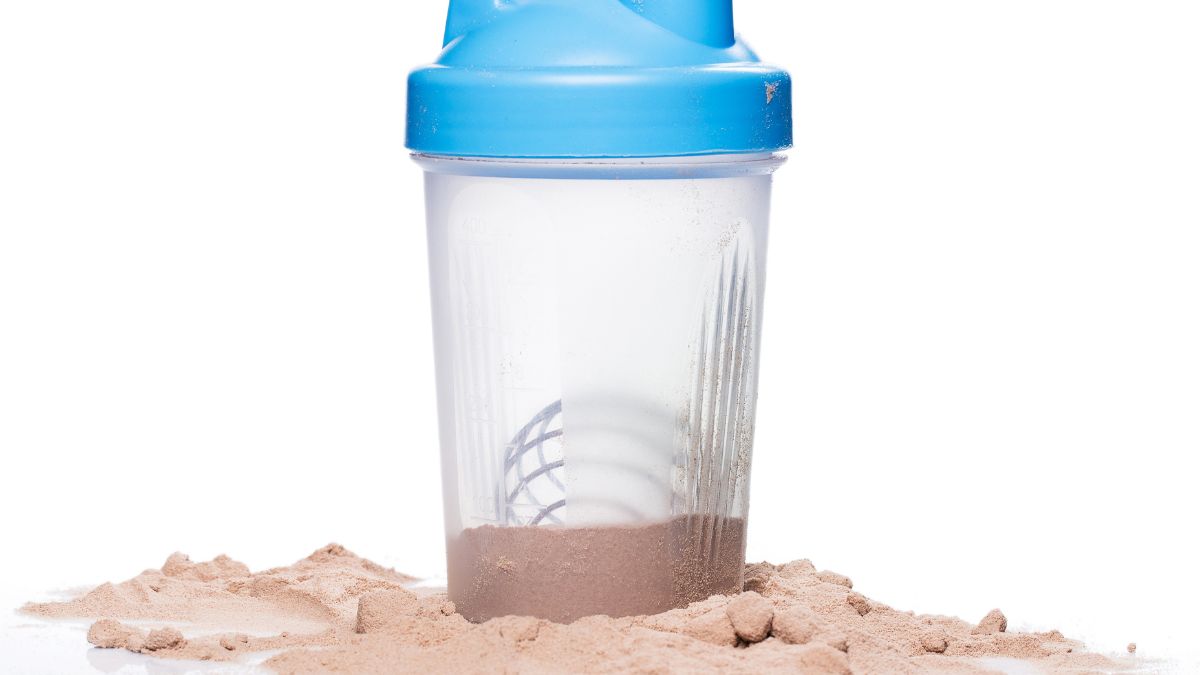
Certainly, it is generally considered safe for pregnant individuals to consume two protein shakes a day; however, the appropriateness of this depends on your current protein intake. While maintaining an adequate protein level is crucial during pregnancy for the proper development of the baby, excessive protein intake may pose risks. The amount of protein needed varies from person to person, and consuming more than necessary might not provide additional benefits and, in fact, could potentially be harmful.
A comprehensive review conducted in 2018 highlighted that an excessive intake of protein during pregnancy may interfere with the optimal growth and development of the baby. Therefore, it is essential to strike a balance and consult with a healthcare professional to determine the right amount of protein intake based on individual needs and health conditions.
How much protein can I drink while pregnant?

During pregnancy, ensuring an adequate intake of protein is crucial for the optimal development of both the mother and the growing fetus. Health professionals commonly advise a daily protein intake ranging from 75 to 100 grams. Protein serves a multifaceted role in supporting the intricate processes associated with pregnancy.
One of its paramount functions lies in promoting the growth of fetal tissue, with a particular emphasis on the development of the baby’s brain. Additionally, protein plays a vital role in facilitating the expansion of crucial maternal tissues, such as the breast and uterine tissue, to accommodate the demands of pregnancy.
Furthermore, it contributes significantly to the expansion of the maternal blood supply, a pivotal aspect of sustaining the increased demands on the circulatory system during pregnancy. Therefore, maintaining an appropriate protein intake is not only beneficial for the overall health of the mother but also plays a pivotal role in ensuring the optimal growth and development of the developing fetus. It is essential for expectant mothers to consult with healthcare professionals to tailor their nutritional needs based on individual circumstances and health considerations.
>Related post: Will lemon juice make a pregnancy test positive?
Is 1500 calories a day enough when pregnant?
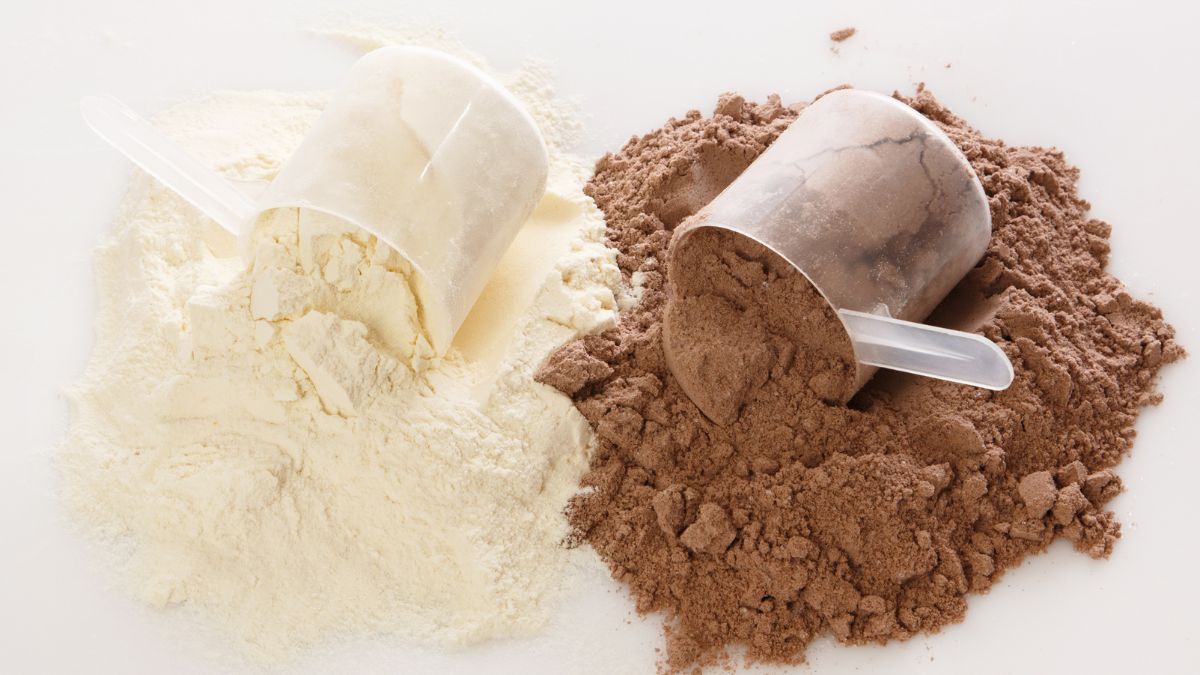
Determining the appropriate caloric intake during pregnancy is crucial for ensuring the health and well-being of both the mother and the developing fetus. For pregnant women with a normal weight, it is generally recommended to adjust their calorie consumption throughout the three trimesters. During the first trimester, which is a critical period of embryonic development, the suggested daily caloric intake is approximately 1,800 calories.
As the pregnancy progresses into the second trimester, a slightly higher caloric requirement of around 2,200 calories per day is recommended. This phase is characterized by rapid fetal growth and increasing energy demands. In the third trimester, the final stretch of pregnancy, the suggested caloric intake reaches its peak at about 2,400 calories per day.
This elevated calorie recommendation accounts for the growing size of the fetus, the increased energy expenditure associated with the impending labor, and the body’s need to support the final stages of fetal development. It’s important to note that individual variations exist, and consulting with a healthcare professional is essential to tailor these recommendations based on specific health conditions, activity levels, and any other unique factors affecting the pregnancy.
Do you burn more calories when pregnant?
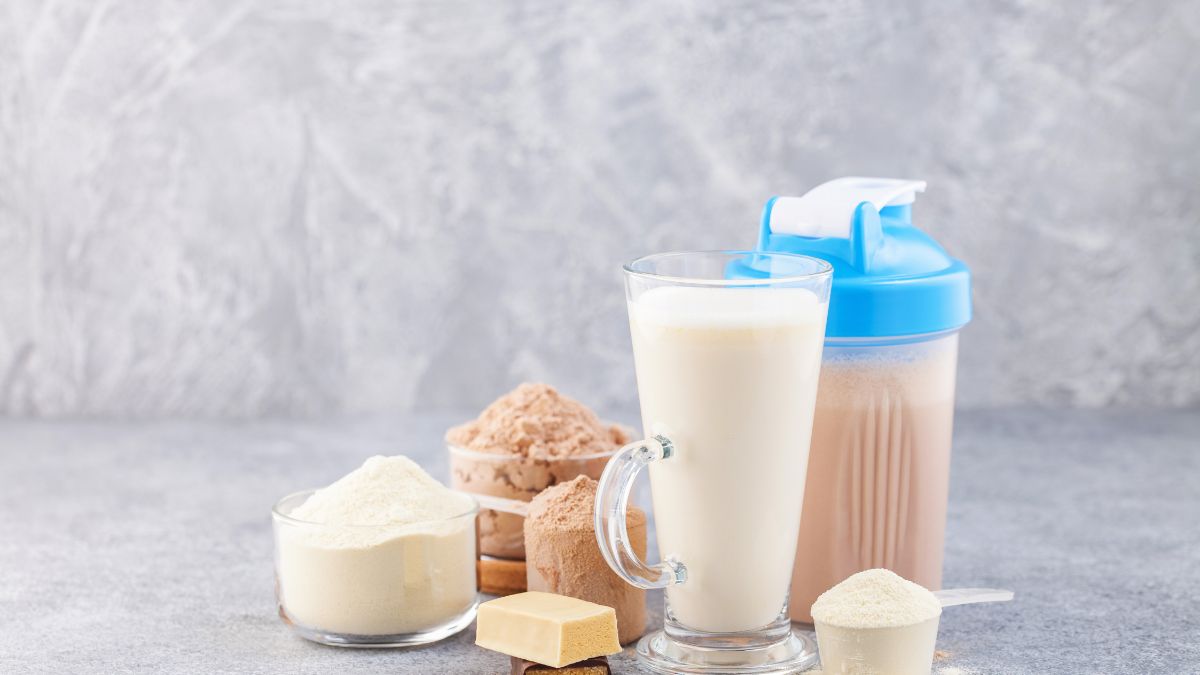
The research conducted by Pontzer and his team delved into the intricate details of the caloric expenditure of pregnant and lactating women. In their thorough investigation, they meticulously examined data pertaining to the number of calories expended during these physiological states.
One noteworthy study from 2005, which unfortunately is behind a paywall, illuminated a fascinating revelation: women in these reproductive phases typically undergo a metabolic surge, burning approximately double the amount of calories compared to their non-pregnant counterparts. This revelation marked a pivotal and exhilarating moment for Pontzer and his research team, shedding light on the remarkable energy demands and intricacies of the female body during pregnancy and lactation.
>Related post: Pregnancy stretch mark tattoo cover up: How? How much? Where?
Which protein powder to avoid during pregnancy?
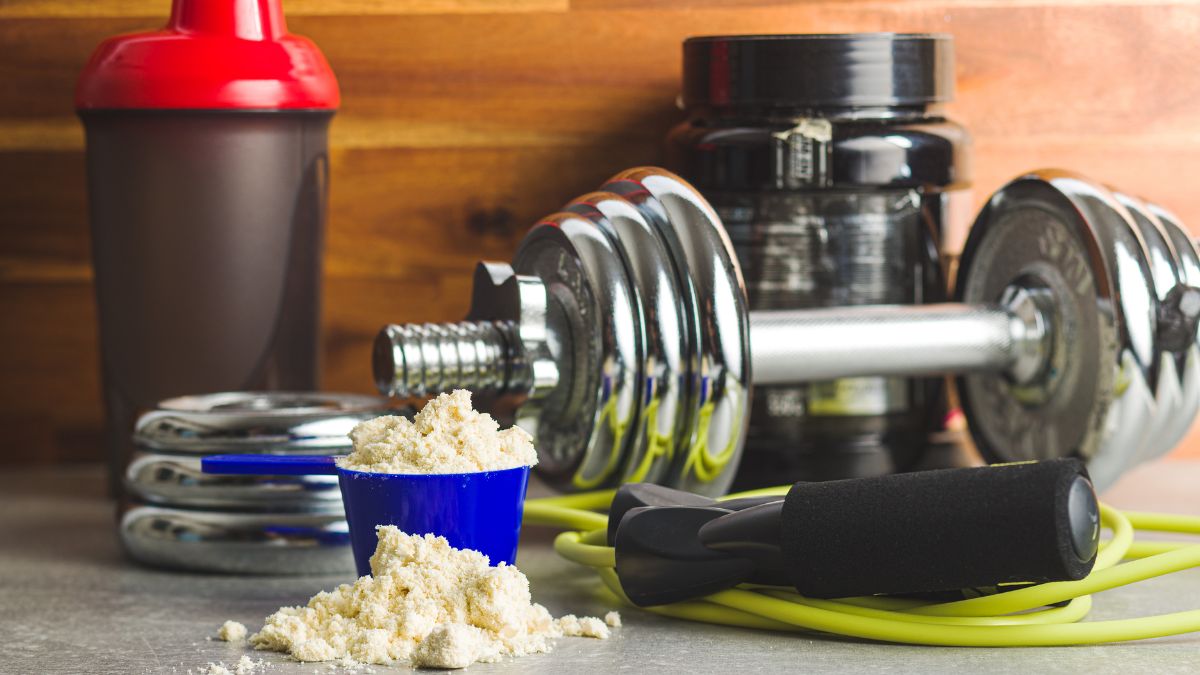
Selecting an appropriate protein powder during pregnancy is crucial for the well-being of both the mother and the developing fetus. Protein supplements play a vital role in supporting the increased nutritional needs of pregnant women, aiding in the proper development of the baby and ensuring the mother’s overall health. However, not all protein powders are suitable during pregnancy, and it’s essential to scrutinize the ingredients list for potential risks.
One key consideration is to steer clear of protein powders with high caffeine content. Caffeine, known for its stimulating effects, can cross the placenta and reach the developing fetus, potentially impacting its growth and development. Excessive caffeine intake during pregnancy has been associated with an increased risk of preterm birth and low birth weight, underscoring the importance of avoiding protein supplements with elevated caffeine levels.
Another group of ingredients to be cautious about are adaptogenic herbs. While these herbs are often included in supplements for their stress-relieving properties, their safety during pregnancy is not well-established. Some adaptogenic herbs may have effects on hormonal balance or other mechanisms that could potentially interfere with the delicate process of fetal development. To err on the side of caution, it is advisable to choose protein powders that do not contain adaptogenic herbs to mitigate any potential risks to the growing fetus.
In summary, when selecting a protein powder for use during pregnancy, it is essential to prioritize safety by avoiding supplements high in caffeine and those containing adaptogenic herbs. This careful consideration ensures that the nutritional support provided by the protein powder contributes positively to the health and development of both the mother and the unborn child. Consulting with a healthcare professional before introducing any new dietary supplement is always recommended to address individual health needs and concerns during pregnancy.
How can I control my protein during pregnancy?
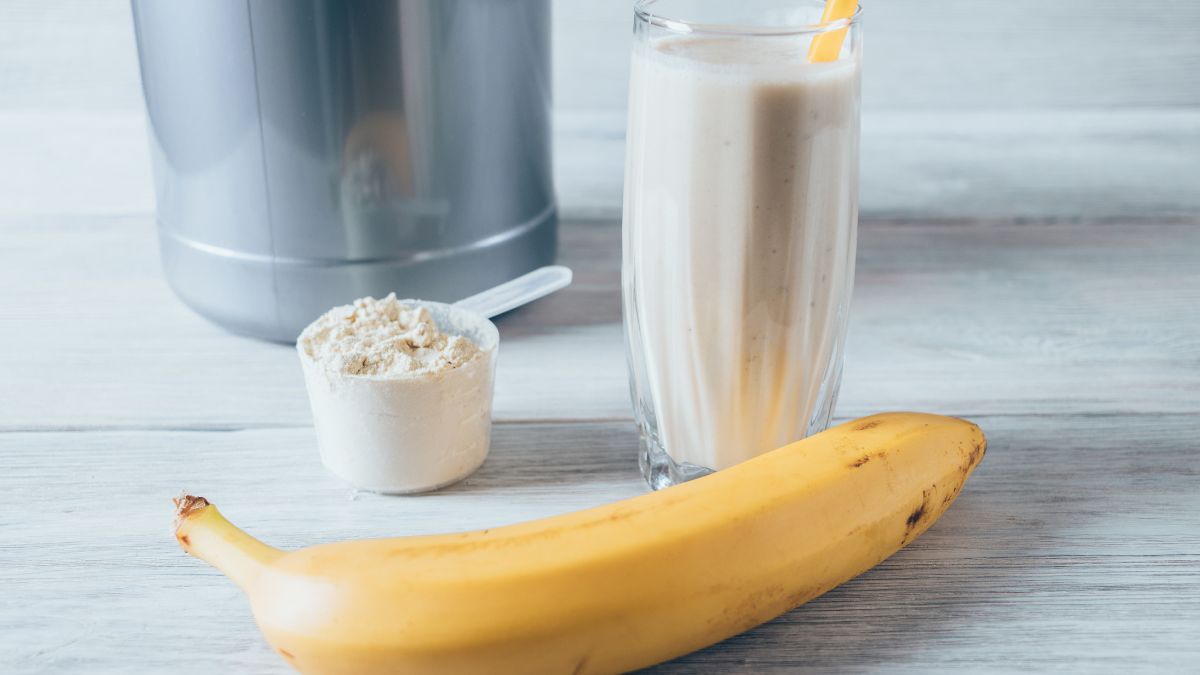
Managing protein levels during pregnancy is a crucial aspect of maternal health, and you might find yourself seeking detailed guidance on how to control protein in your urine. Proteinuria, the presence of excess protein in the urine, is not a standalone condition but rather a symptom of an underlying issue. When faced with elevated protein levels, it’s essential to understand that directly decreasing protein in the urine might not be the primary goal.
Instead, the focus should be on collaborative efforts with your healthcare provider to identify and address the root cause of this symptom. This often involves a comprehensive approach, including thorough diagnostic assessments to determine whether an infection or an underlying medical condition is contributing to the elevated protein levels.
Once the specific cause is pinpointed, targeted interventions can be employed to effectively manage and treat the underlying issue, thereby addressing the proteinuria. This approach ensures a more holistic and personalized strategy for maintaining optimal maternal health during pregnancy. Always consult with your healthcare provider for tailored advice and a proper understanding of your unique situation.
>Related post: Can babies sense pregnancy before you know? Facts you should know
In conclusion, understanding “Are premier protein shakes safe during pregnancy?” is crucial. Armed with the right knowledge, you can make informed choices for a nourishing pregnancy experience. Always consult with your healthcare provider for personalized advice tailored to your unique needs.

